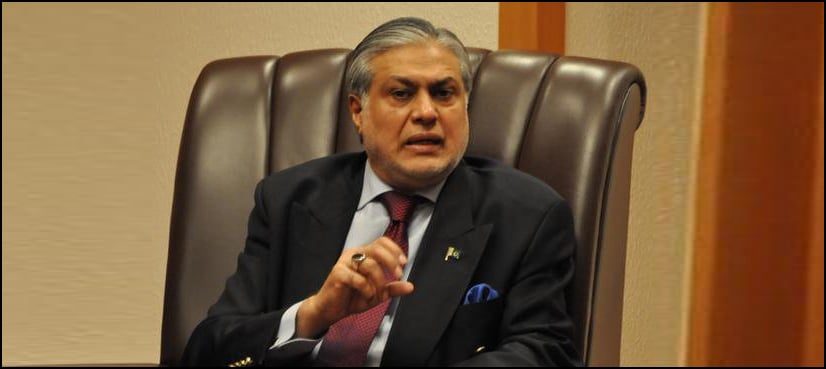Pakistan Seeks Debt Rescheduling from China to Address Financial Challenges
Pakistan’s Deputy Prime Minister Ishaq Dar made an official request during his visit to Beijing, seeking relief from China’s Export-Import (Exim) Bank on $3.4 billion in loans. This request aims to ease Pakistan’s external financing burden from October 2024 to September 2027.
BUSINESS
Ke Press Global
2/8/20252 min read


According to government sources, China responded positively, and Pakistan hopes the request will be accepted to mitigate its financial constraints.
Breakdown of Debt and Proposed Rescheduling
Total Debt in Question
Pakistan’s debt with Exim Bank includes:
$2.2 billion in direct loans to the government
$1.2 billion in loans to State-Owned Enterprises (SOEs)
Previous Debt Relief
This is the second request in five months for debt rescheduling. In July 2023, China rolled over $2.4 billion in loans for two years, allowing Pakistan to defer principal payments while continuing interest payments.
New Rescheduling Plan
Pakistan has proposed a two-year extension on repayments:
$505 million in direct government loans maturing between Oct 2024 – Sep 2025
$1.7 billion in direct loans maturing from Oct 2025 – Sep 2027
$1.2 billion in SOE loans maturing within the same period
Financial Impact and IMF Commitments
Pakistan’s External Financing Gap
Pakistan needs to bridge a $5 billion external financing gap, as identified by the IMF during the signing of its $7 billion bailout program in September 2023.
Importance of Chinese Support
China is a key financial partner for Pakistan, regularly extending financial aid:
$4 billion in cash deposits
$6.5 billion in commercial loans
$4.3 billion in trade financing
Securing debt relief from China would significantly ease Pakistan’s financial strain and help meet IMF requirements for future loan disbursements.
Other Financial Measures Taken by Pakistan
Saudi Oil Facility & Commercial Loans
To address the financing gap, Pakistan recently:
Secured a $1.2 billion oil facility from Saudi Arabia
Acquired a $300 million commercial loan through United Bank Limited (UBL)
New Loan Request from China
In addition to rescheduling, Pakistan has requested a $1.4 billion new loan from China’s vice finance minister to raise its Currency Swap Agreement limit from CNY 30 billion to CNY 40 billion ($4.3 billion to $5.7 billion).
Fitch Ratings & Economic Outlook
Debt Maturities and Rollovers
Fitch Ratings highlighted that Pakistan faces over $22 billion in external debt maturities this fiscal year, including:
$13 billion in bilateral deposits
$6 billion expected from multilateral lenders like the IMF
Saudi Arabia and the UAE have already rolled over $5 billion in deposits, and China is expected to do the same.
Challenges & Future Prospects
Fitch noted that while Pakistan’s foreign reserves have improved, they remain low compared to debt obligations. Sustained reforms and successful IMF reviews will be crucial for securing further financial support from international lenders.
Conclusion
Pakistan’s financial stability heavily relies on China’s decision to grant debt relief, as well as continued support from IMF and other international partners. The success of upcoming economic reforms and foreign financing arrangements will determine Pakistan’s ability to navigate its financial crisis.
© 2026. Ke Press Global. A Ke Harbor Company. All rights reserved.
FOLLOW KE PRESS GLOBAL ON :
Contact us


